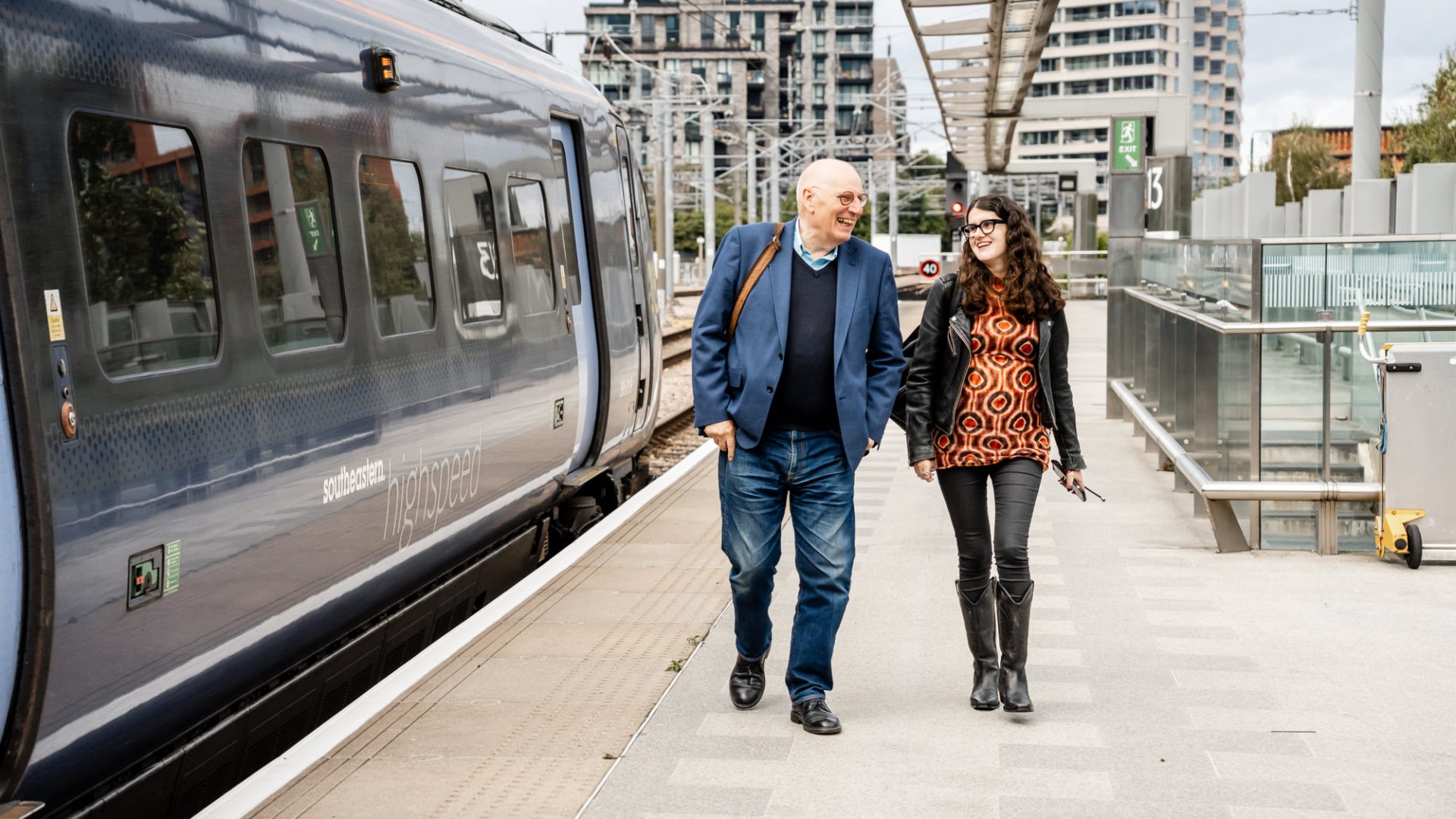
Campaign highlights adoption journeys of all kinds
There’s no such thing as a ‘normal’ family, according to 61% of people in the West Midlands – this comes as National Adoption Week (21-27 October) has launched to increase understanding of modern adoption and show that ‘the journey to a family is not always a traditional one’.
The survey by You Can Adopt has also revealed that the vast majority of the public (86% in the West Midlands) feel it’s important to teach children that families come in all shapes and sizes, and that this promotes acceptance of children from non-traditional family units (51%). However, 50% of the public surveyed in the West Midlands were not taught this themselves when growing up.
The survey explored changing attitudes to family life, as National Adoption Week highlights the diversity of adoption journeys today, and the significant people who are there to navigate the path.
It was also revealed that 50% per cent say they have a ‘chosen family’, while only 32% felt that ‘blood’ was an important factor in defining a family. The term ‘chosen family’ recognises relationships and support networks that exist in parallel to the immediate family and indicates changing perceptions over what defines a modern family unit. Meanwhile, 51% of the public consider themselves to belong to a non-traditional family – such as blended, extended, adoptive, or single parent.
Sarah Johal MBE, National Adoption Strategic Lead from Adoption England, said:
“With the number of children needing adoption increasing and a decline in those coming forward, it’s crucial during National Adoption Week to raise the profile of modern adoption. We hope to show that adoptive families are not alone, they have a community of support around them – from social workers and foster carers to others who have walked the same path. Some are there for the whole journey, others just for one small part, and of course birth families remain an important part of a child’s identity throughout their life. But each of these people plays an important part in the lifelong nature of the adoption journey that makes each family’s experience unique.”
The Journey to Adoption
To mark the theme of ‘The Journey’ a new short film, set onboard a train, follows the stories of three adoptive families on their travels, reflecting on the ups, downs and detours of their lifelong journey.
Rachel, who features in the film alongside her two-year-old adopted daughter Winnie, father Daniel and social worker Becky, said: “You have an idea in your head of what family looks like, and for us it’s been different, but even more wonderful in different ways. For me, it’s really important that Winnie has a sense of herself and her identity – that she understands that not only do all families look different, but she has more than one family, and that’s OK.”
This comes as latest data shows there has been a 22 per cent increase in the number of children with a plan for adoption not yet matched with an adoptive family in England in 2023-4, compared to the previous year, meaning there are 780 more children not yet placed with a family, than there are approved adopters waiting to be matched with a child. With fewer potential adopters coming forward – believed to largely be a result of the cost-of-living crisis – this means that nearly half (47 per cent) of all children face delays of over 18 months to be placed with an adoptive family.
In support of the campaign, train companies across the country including Southeastern Railway, Hull Trains and Avanti are encouraging more people to start their own adoption journey. From offering free tickets for adoptive families, to changing digital signage at train stations, rail companies are rallying behind the cause in support of everybody who is part of an adoptive family or considering embarking on their own adoption journey.
National Adoption Week has also seen the publication of the new ‘Adopter Journey Standards’. The standards act as guidance and highlight what adopters can expect from their agency and social worker through the adoption journey, from providing prospective adopters with preparation training and resources, to facilitating Family Network Days to help the wider family reflect on how they will be able to support adopters and their adopted children.
